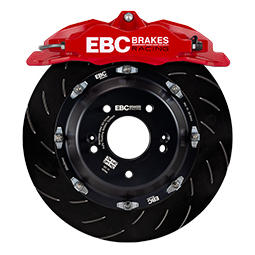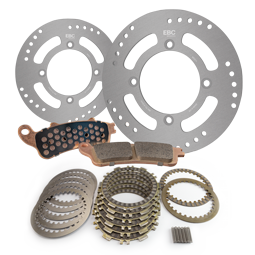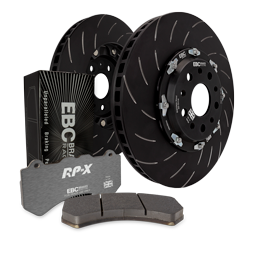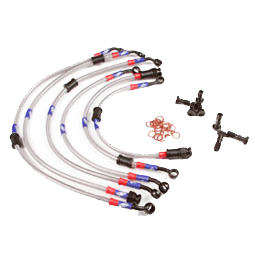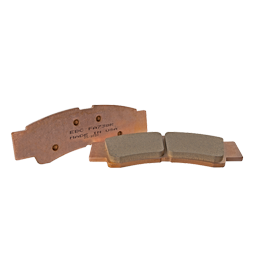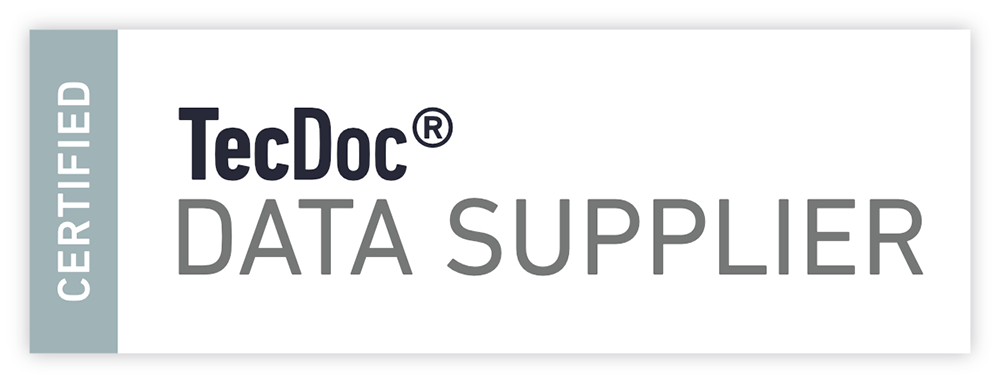We look into ‘R90’ regulations and what it means for brake pads and now – for brake discs/rotors
There are good things but also some “Limiting” things within this regulation
First of all, it only applies legally within Europe. If you live outside Europe, it has no legal implications for the brakes you buy or use.
European legislation came into effect in September 1999 titled ECE R90 that stipulates that all brake pads ( and now also discs/rotors) sold for use on vehicles manufactured after this date must be tested and comply with R90 standards. This test which involves taking each homologated vehicle used on the public roads within Europe and comparing the front and rear brake performance with the original parts to those of aftermarket offerings has closed the door to cheap and nasty imported brake pads throughout Europe.
EBC Brakes uses accredited EU test centers for its product approvals, involving test vehicles, cars, motorcycles, dynamometer stress testing, and even tests to destruction.
Every EBC product bearing the R90 approval meets or exceeds the performance of any genuine part.
Every pad and rotor design that falls within the mandatory years is tested and approved. Even the EBC range of sport slotted rotors has been tested and is in the process of certification.
In any country where R90 regulations do not apply by law, you are free to use any type of pads. All pads are safe for use, though race materials can sometimes be a bit noisier.
OEM-style (non-slotted or drilled) discs/rotors have also consistently passed testing for years.
For slotted discs/rotors in the USR and GD range, here is the current status: all GD or USR EBC slotted rotors are machined in the UK or USA using R90-approved plain rotors.
However, R90 requires that the actual slotted disc be tested separately. EBC is currently undergoing these rigorous tests (as of June 2024), with many popular models having already passed and received accreditation. This work is slow but ongoing.
EBC is proud to be a leader in testing and getting approved slotted sport discs to the global market and will update this page with news regularly.

What are the benefits?
You can fit any EBC Brake product to your car, van, or motorcycle and forget about it; each represents the highest quality and has passed EU regulation tests.
What are the negatives?
- R90 does not test for high-speed performance or lifetime, but we conduct these tests in-house at EBC. Our in-house testing pushes brakes well beyond R90 test limits in terms of performance. While R90 test parameters do not include testing for fade, high-speed braking, or wear, at EBC Brakes, we specifically test for these factors.
- Therefore, R90 restricts the maximum friction level (brake effect) that a pad can legally have and be used on public roads in Europe. Many EBC race pads, such as RP1 and SR sintered pads, exceed the friction levels allowed by R90 regulations. These pads are simply too grippy and therefore not tested or approved to R90 standards. However, our rigorous testing on track cars and multiple in-house dynamometers would impress any demanding driver, far surpassing the requirements of R90 testing.
- R90 compliance means that brakes capable of racing cannot legally be used on highways in Europe, which many drivers find desirable, especially for track days (known as lapping events in the USA) where the car needs to be driven to and from the track with race pads installed.
Conclusion
R90 serves a valuable purpose by prohibiting low-quality brakes from being used on highways. However, it imposes limits on the products that can be legally used in Europe. While performance car drivers have the option to disregard these regulations, R90 certification is mandatory in Europe and many other countries.
